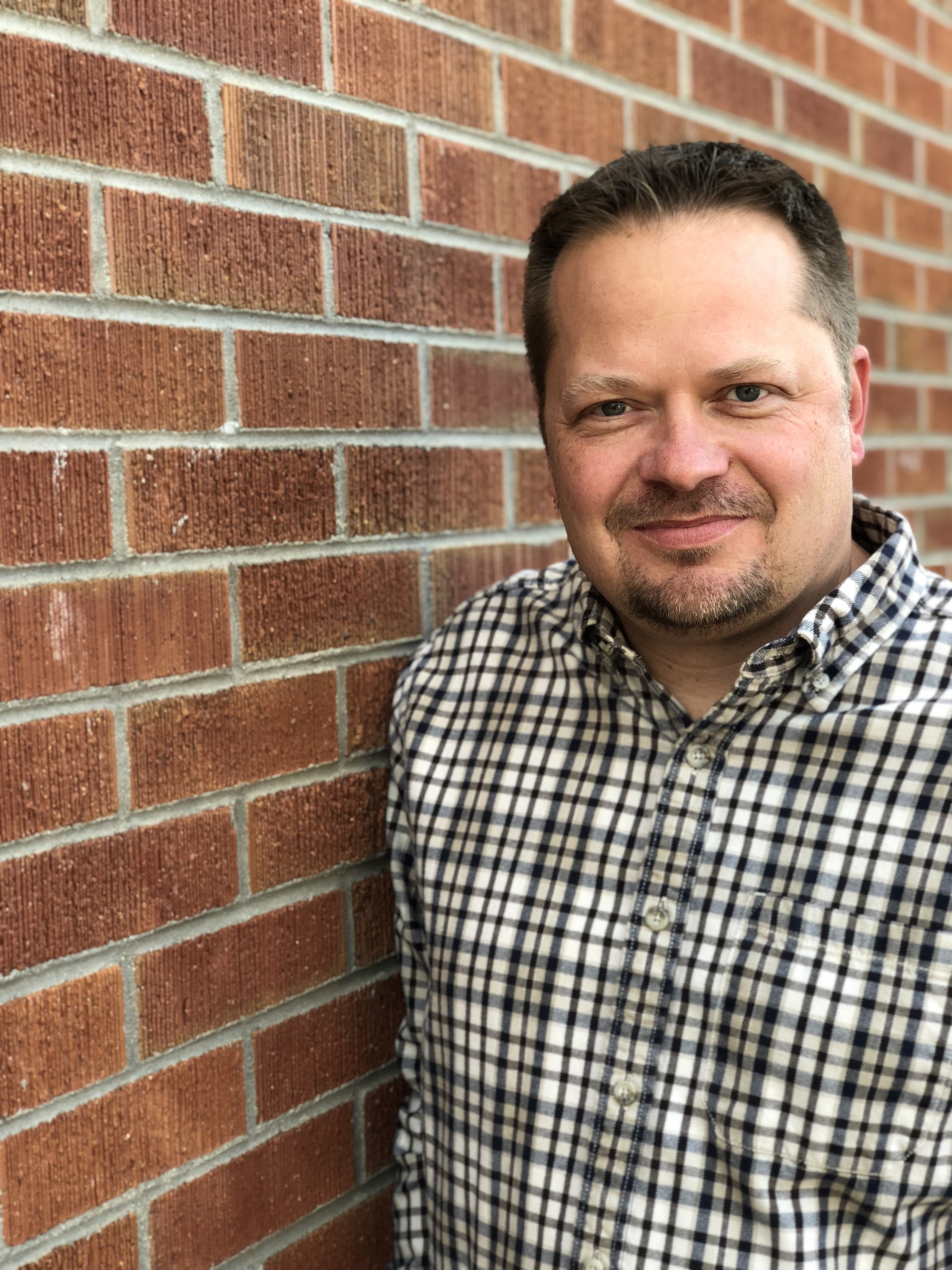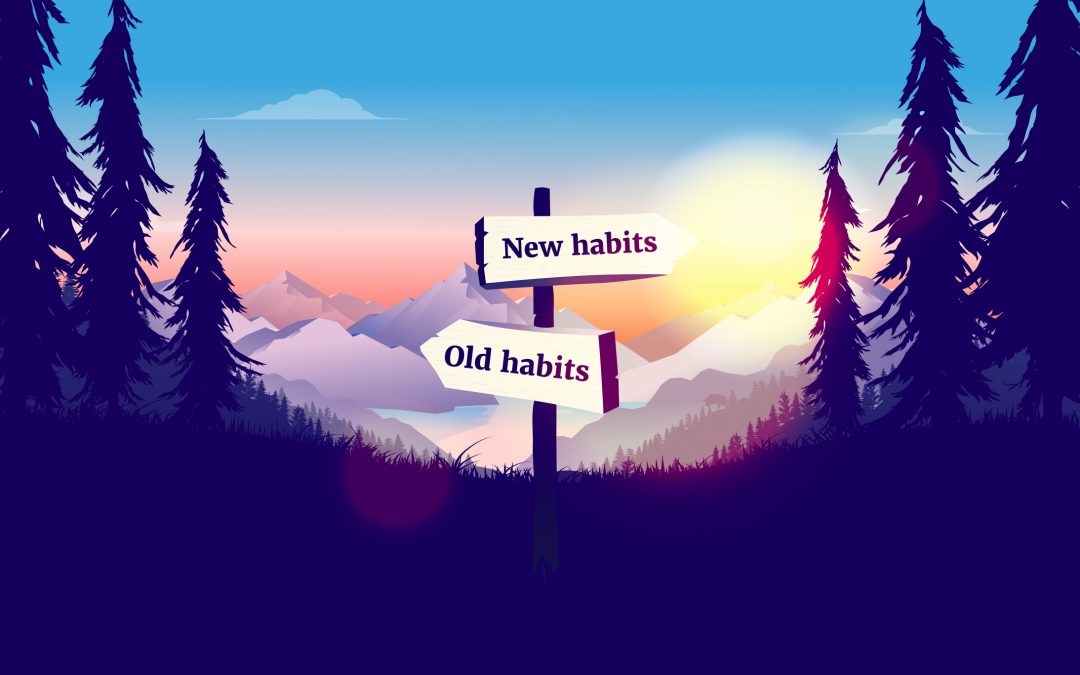In his book, Don’t Call It Love, Patrick Carnes writes about sex addiction… both how the problem develops and what recovery looks like. In Chapter 7, he shares a list comparing Addictive Behavior with Healthy Behavior, as these relate to sexuality. Here are a few of those, with some of my own thoughts added.
Addictive behavior feels shameful, whereas healthy behavior adds to self esteem.
When there is a loss of control, such as in an addiction, it is inevitable that shame will follow. Once a person has reached a point of awareness that there is a problem, that this little bit of dabbling (anonymous sex, porn use, etc) is actually a big deal, the shame that comes from acting upon these behaviors becomes part of the addictive cycle. A person eventually begins to turn to their addiction in order to escape the feelings of guilt and shame that arise, which perpetuates the cycle further.
Healthy behavior, rather than tearing a person down, actually causes them to feel better about themselves. Making good choices for oneself builds a positive self image. It helps a person to believe they can make good choices for themselves in other areas of life. Choosing healthy behaviors can be difficult in the face of addiction but adding to self esteem helps to combat the shame.
Addictive behavior is illicit, stolen, or exploitive. Healthy behavior has no victims.
A challenging reality to face with sexual addiction is that we do not have the right to use another person in these ways. If sex is repeatedly being used as an escape from undealt-with emotional pain (addiction) rather than as an expression of a deeper connection, the sexual partner is being used or exploited. Consuming pornography is just as exploitive. We do not have the right to use another person(s) as a sexual object, even if they are willingly offering themselves through their participation in porn. (And how do we know they are willing participants?)
Healthy sexual behavior does not have victims. It requires the vulnerability of both partners and provides a way of deeper connection. It is an expression of trust and brings partners closer together.
Addictive behavior reenacts childhood abuses. Healthy behavior cultivates a sense of being adult.
Oftentimes through addiction, a person is acting out of a place of deep hurt, usually from childhood. Through painful experiences, we begin to believe that we are not worthy of love and acceptance. People have hurt us, so we take control. Sexual fantasy and activity become the places where a person relives the abuse they endured. These behaviors reinforce the belief system that we do not deserve to be loved. Acceptance only comes from what I have to offer sexually.
When we are engaged in a healthy and loving relationship, sexual behavior contradicts those old beliefs from childhood. Love is given and received. Acceptance is about who you are as a person, not what you can offer sexually. Sexual behavior is expressed in ways that deepen a sense of love and safety.
In his book, Carnes describes a number of other addictive vs healthy behaviors. I recommend you check them out!

Roger Jones
Executive Director
Make a Difference in Someone's Life
If you enjoy reading WGA’s blogs and would like to show your support, please consider making a donation. Where Grace Abounds is a 501(c)3 non-profit organization. The majority of services, including support groups and discipleship counseling, are provided free of charge. Your financial gifts help to cover the costs associated with offering a free program to those who seek WGA’s services.

